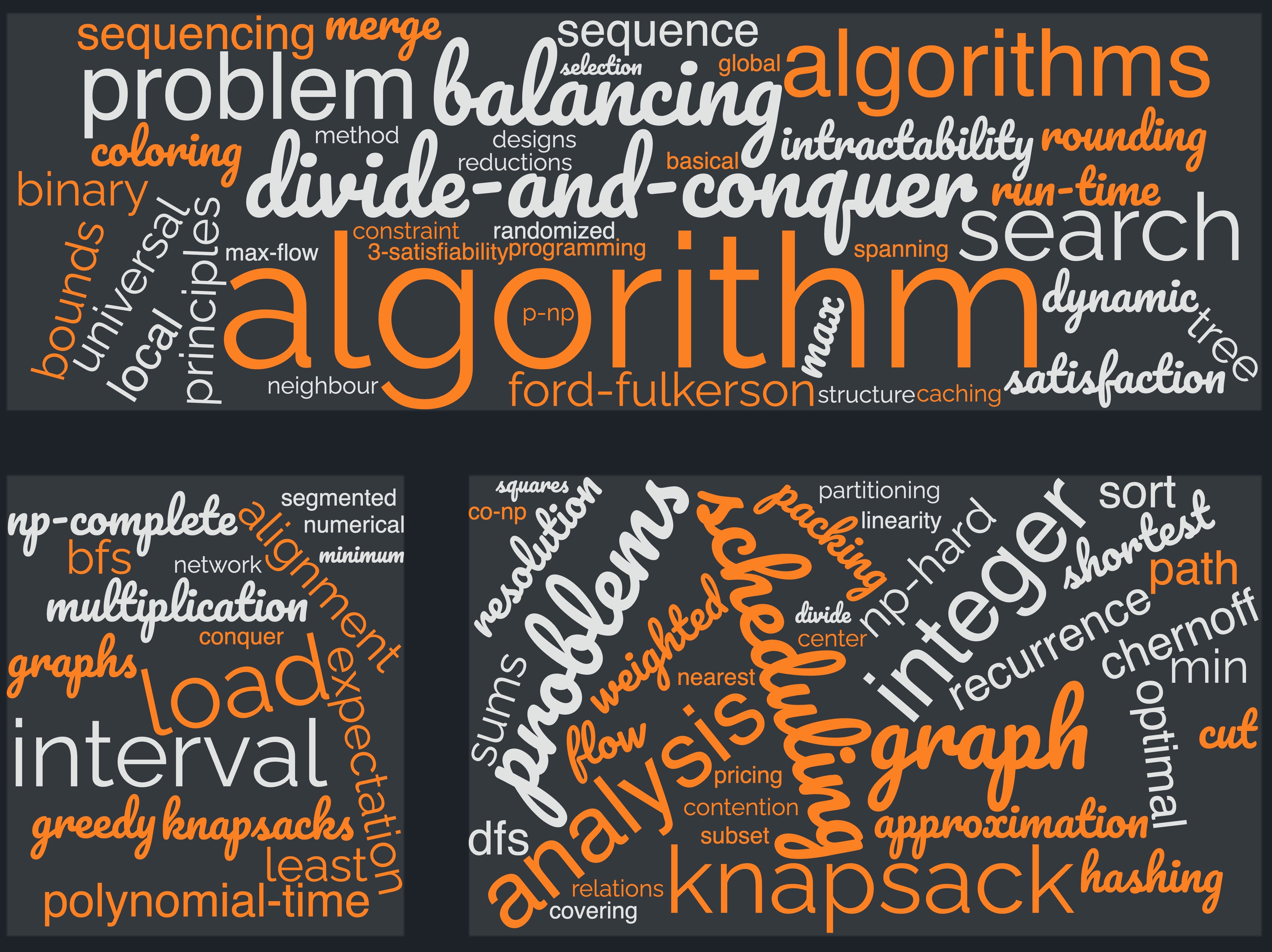COMP3010: Machine Learning

This course gives a broad overview of existing machine learning methods. We will emphasize the practical aspects of machine learning and data mining. The computational techniques we will learn in this course are broadly applicable and are behind significant advances in many fields, including computer vision, natural language processing, robotics, medicine, and several more. In addition, once we understand the basics of machine learning technology, and the close connection between theory and practice, we can help advance the frontiers of machine learning and build autonomous applications that bring value to society.
Expected Course Topics include:- Supervised Learning: Decision Trees and Inductive Bias, Nearest Neighbors, Perceptron, Linear models and Gradient descent, Support Vector Machines, Naïve Bayes models and Probabilistic Modeling, Neural Networks, Kernel Methods, Ensemble Learning
- Unsupervised Learning: K-means, Gaussian Mixture Model, PCA, Autoencoders, Generative Models
- Advanced Topics: Adversarial and Backdoor Attacks, Continual Learning, Fairness, Interpretability of models, Federated Learning
COMP2050: Artificial Intelligence

All lives have intelligence, but human intelligence is special. This form of intelligence allows us to have reasoning, problem-solving, and learning skills that are arguably better than those of other species. The question is, can we build artificially intelligent agents that are similar to human's cognitive and problem-solving abilities? In this course, we will make an effort to first understand what artificial intelligence means, and study various attempts to build intelligent agents over the past several decades. Besides the quest for building human-like intelligent agents, these AI concepts/algorithms can help us build autonomous applications that bring value to society.
Expected Course Topics include:- Classical AI: Reflex/Planning Agents, BFS, DFS, UCS, A*, Multi-agent Search, Minimax Search, Expectimax Search.
- Reinforcement Learning: MDP, Value Iteration, Policy Extraction, Policy Evaluation, Policy Iteration, Online RL, Offline RL, Model-based Learning, TD Learning, Q-learning
- Bayesian Networks: Conditional Independence, Inference
- Hidden Markov Models: Stationary Distribution, Decision Network, Value of Information, Approximate Inference
- Machine Learning: Parameter Estimations, MLE, Generalization
COMP3010: Algorithm Design

This course covers four primary algorithm design techniques (greedy algorithms, divide and conquer, dynamic programming, and network flow) and algorithmic techniques for intractable problems, including identifying special structured cases, approximation algorithms, and local search heuristics. Applications are drawn from systems and networks, artificial intelligence, computer vision, data mining, and computational biology.
Expected Course Topics include:- Basical Algorithm Analysis and Designs, Intractability
- Greedy Algorithm, Graphs, Divide and Conquer, Dynamic Programming, Network Flow
- Approximation Algorithm, Local Search, Randomized Algorithms